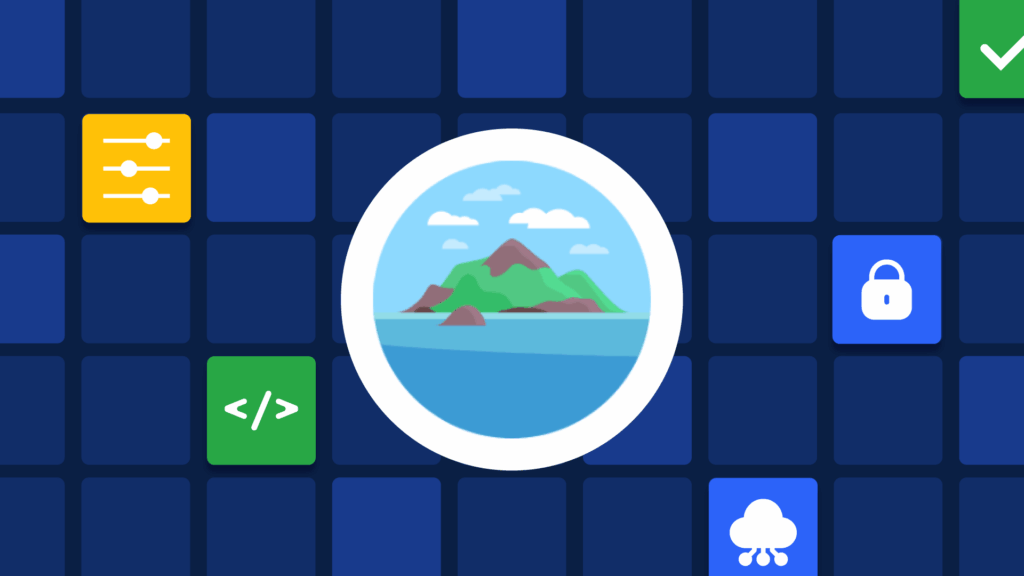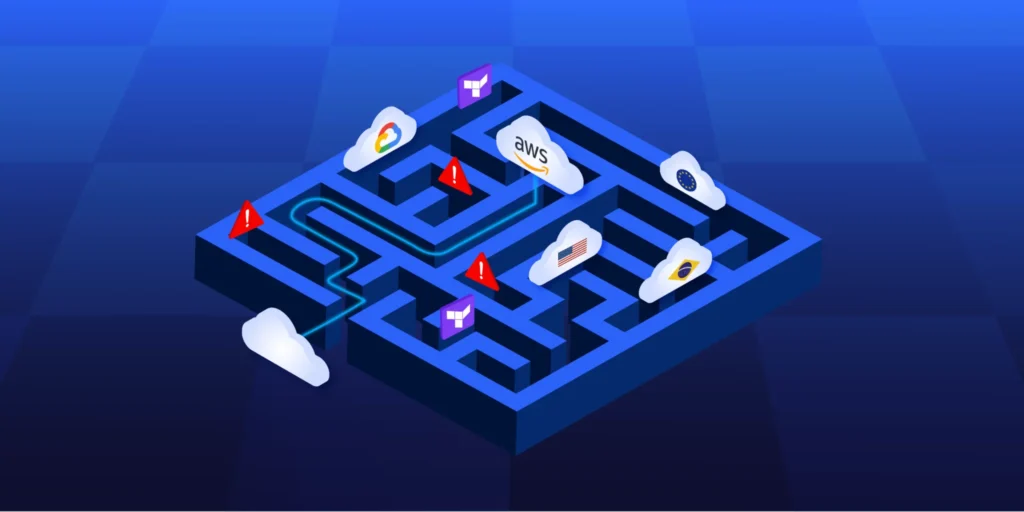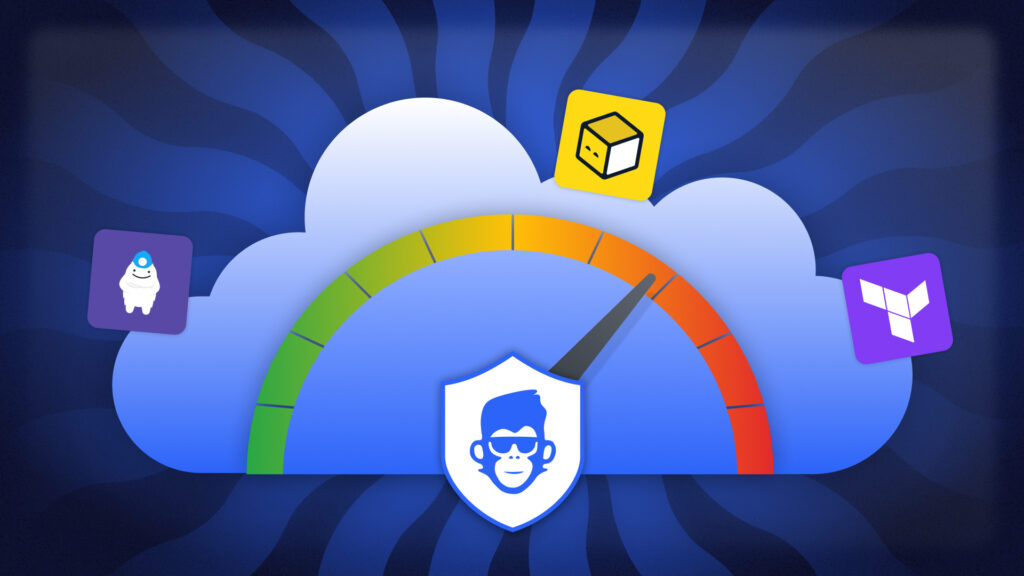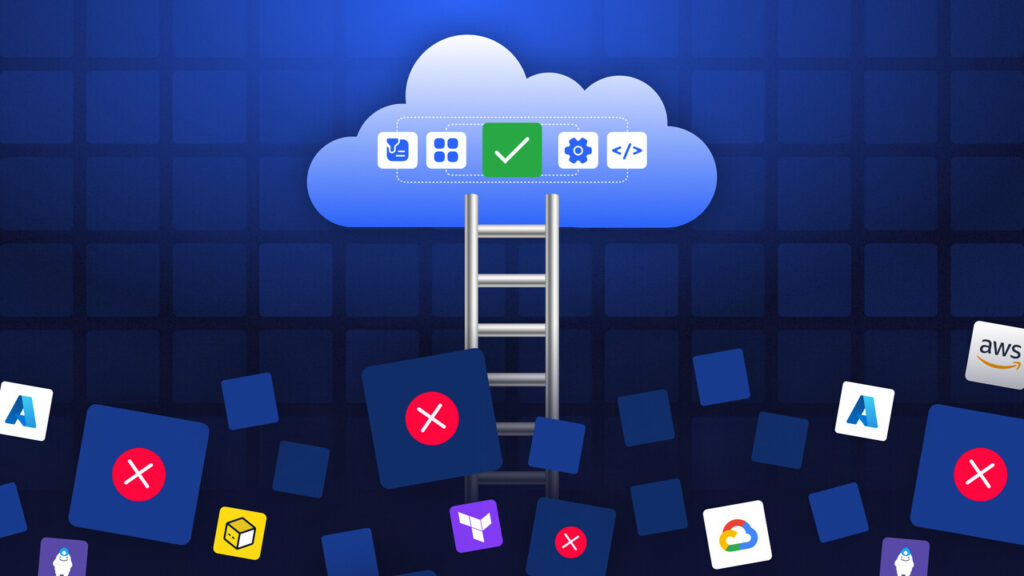Scaling Challenges with Atlantis and when to start looking for Atlantis alternatives
Terraform is a crown jewel when it comes to infrastructure as code. Despite its recent license changes and the evolution of OpenTofu, Terraform remains the top choice when it comes to infrastructure management. As adoption accelerates, teams are challenged to scale Terraform usage efficiently and maintain control—especially when evaluating tools like Atlantis and considering the need for an Atlantis alternative.
Atlantis is one of the multiple solutions available for this purpose. An open-source tool, it helps specifically with Terraform CI/CD execution, allowing developers to use GitOps pipelines for Terraform plan and apply commands. With Atlantis, you can automate the management, review, and execution of your pipelines. And because all of your Terraform changes are done via GitOps and the plan is recorded, Atlantis adds cloud governance automatically, thus providing a proper way to audit all previous plans.
In this post, we discuss a few key features Atlantis provides, along with its limitations and why organizations are looking for Atlantis Alternative solutions to fill in the gaps.
👉 Already using Atlantis and looking to scale it across AWS accounts and environments? Check out our step-by-step guide on scaling Terraform with AWS Atlantis
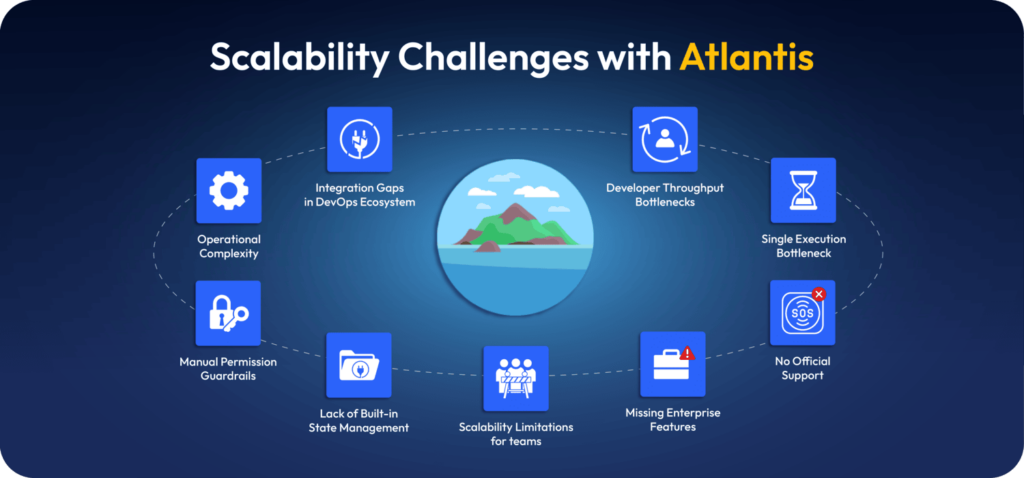
Atlantis Integration in CI/CD Pipelines
Atlantis can integrate into your CICD pipelines. When you commit your changes to the Terraform repositories, Atlantis will run a Terraform plan and attach that plan to pull requests. This makes it easy for the reviewer to see the changes and approve them.
Atlantis Automates Terraform Plan and Apply
When Atlantis runs the terraform plan command, it attaches the output to the pull request, which the reviewer can see and approve. It also automates terraform apply from the Git merge request (MR). Simply run atlantis apply to provision the changes to your infrastructure.
Reduces Human Error with Standardized Run
Running these operations on local machines introduces a higher risk of errors, inconsistencies, and misconfigurations; these arise due to differences in environments, dependencies, or manual intervention.
By using runners, Atlantis ensures that Terraform workflows are executed in a standardized and repeatable manner, reducing the chance of human error and improving overall infrastructure reliability
Less Security Exposure
Running Terraform commands on local machines introduces security risks since secret keys and admin permissions should be available on the local machine.
By using Atlantis, all security tokens are managed in a centralized location, ensuring a high security posture and reducing the chance of security compromise.
Despite these advantages, when running Atlantis at scale, there are hurdles to overcome.
Scalability Challenges with Atlantis
As you scale your Terraform workflows, Atlantis creates bottlenecks due to various limitations, negatively impacting your infrastructure.
How Atlantis Affects Developer Productivity and Pipeline Efficiency
One known challenge with Atlantis is that it can run only one execution at a time. This impacts developer productivity, as they must wait for all executions in the pipeline to complete before their execution can start.
Operational Complexity of Managing Atlantis
Atlantis has integration complexities that result in hidden costs—both in terms of additional engineering required and implementing solutions needed for proper communication between tools. Whether with GitOps pipelines or other custom projects, integrations will take more time with Atlantis.
Developers must also configure Terraform plan and apply commands to make sure they do not impact more than permitted/intended. This is generally achieved via strict permissions management and least privilege models.
State Management
Atlantis does not provide built-in support for Terraform state management; it instead relies on third-party solutions such as AWS S3 with DynamoDB or other remote backends to handle state storage and locking. This means that teams using Atlantis must separately configure and manage their Terraform state, adding an extra layer of complexity.
Atlantis Scalability Limitations
Since Atlantis is a single execution model, it delays other executions that could be executed in parallel. This makes it challenging when working with larger teams, and anyone working with mono repositories will end up with nightmares.
Developer Bottlenecks with Atlantis
Given its single execution model and the impact this has on productivity and swift infrastructure delivery, Atlantis will never be the top choice. Other solutions offer the flexibility to run parallel Terraform executions, meaning developers do not need to wait for one execution to complete before their pipeline can run.
Why Atlantis Fails in Complex DevOps Setups
Integrations are the backbone of infrastructure, and a large part of infrastructure engineering revolves around making sure they are done properly. Atlantis is very much focused on GitOps, making it difficult to integrate with other tools in your ecosystem, thus impeding smoother operations.
Missing Enterprise Features in Atlantis
If you are an enterprise, the absence of essential features such as role-based access control (RBAC), policy enforcement, and drift detection can lead to significant security, compliance, and operational challenges. These features help manage permissions, enforce governance, and ensure that infrastructure changes are made in a controlled and auditable manner.
Without such capabilities, maintaining security and compliance is a challenge; this increases the risk of unauthorized changes, configuration drift, and policy violations
Support and Reliability
There is no official support for Atlantis, which means that if a developer encounters issues they are unfamiliar with or cannot resolve on their own, they have no dedicated support team to turn to for assistance.
This lack of support can be a significant drawback, especially for enterprises or teams that require quick resolutions to maintain operational efficiency.
Without reliable support, troubleshooting becomes more time-consuming and difficult, potentially leading to delays in infrastructure deployments or increased downtime.
Atlantis Alternative: Features for Scaling Terraform
Now that we have discussed the drawbacks of relying on Atlantis, let’s discuss the features absent in Atlantis but present in other alternative solutions on the market. These will empower your team to run Terraform CI/CD at scale.
Drift Detection, Remediation, & Rollback
These are key capabilities missing in Atlantis but available in many Atlantis alternatives. Continuously monitoring for drift will help avoid having to make changes in production and expose security threats that emerge due to manual changes. The ability to revert the changes and fix the drift will help unblock execution faster.
RBAC & Compliance Policies
Atlantis has no built-in way to enforce security and compliance rules, meaning you will have to integrate with additional tools. Other solutions on the market, however, come with policy-based governance, a key feature for enterprises.
Scalability with Concurrent Terraform Runs
Other platforms allow parallel execution for improved speed. This is very important for large-scale infrastructure, as slow changes can also mean slow fixes in production, thus compromising SLAs.
Terraform State Management & Backups
While Atlantis forces teams to set up and maintain their own state storage, locking mechanisms, and backup strategies, other Terraform automation tools offer built-in state management and backup mechanisms. This simplifies operations and boosts consistency and security by reducing the need for additional configuration and external dependencies.
Why Enterprises Are Looking for an Atlantis Alternative
Atlantis offers several advantages for your Terraform workflows. These include automated plan and apply operations, ensuring a single execution flow to maintain state consistency and shifting execution away from local machines. This enhances security, reliability, and efficiency in infrastructure pipelines.
Atlantis also reduces human errors, enforces version control, and improves collaboration within teams by centralizing Terraform execution.
However, Atlantis also introduces complexities, making it harder to use at scale, especially for enterprises. Namely, Atlantis lacks:
- RBAC, policy enforcement
- Robust parallel execution
- Advanced state management
- Enterprise support in case of incidents and issues
Without these capabilities, managing Terraform infrastructure at scale becomes cumbersome, potentially leading to security risks, compliance issues, and inefficiencies. Due to these limitations, organizations may need to explore alternative solutions that offer better scalability, governance, and flexibility to meet enterprise requirements effectively.
ControlMonkey fills all the gaps present in Atlantis.
Book an intro call to see how ControlMonkey’s fully end-to-end Terraform Automation Platform can boost your cloud infrastructure governance.


